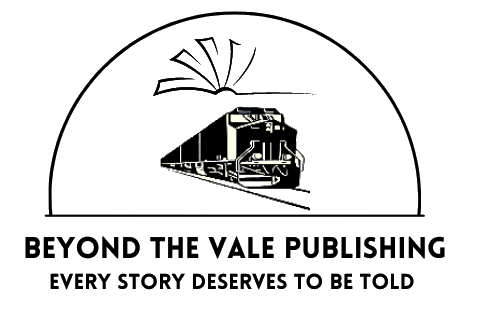Being a writer is what gets me up in the morning and the first step in the self-publishing journey, but what do you do when you hit the roadblock? Writers block is the arch-nemesis of any writer.
In the last week, I have managed to resist the temptation to revisit books 4 and 5, preferring them to sit on the back-burner of my mind, while I focus my attention elsewhere.
My new project was coming along nicely, I’m now 9000 words in, but this morning I hit a block. And that’s the subject for today’s newsletter – what to do when you hit a block.
There are two polar extremes when it comes to the theory of writing.
- “The pantster” – you sit down and write. The story comes to you and you take the story wherever it flows to.
- “The plotter” – you plan your book down in detail. You outline the plot, protagonist, antagonist, character development, events and ending in as much detail as possible, so when it’s time to write the story, you have a complete plan.
My personal style sits somewhere in between. When I wrote my first book, I was much closer to being a “pantster”. I sat and wrote, having a vague idea of where I wanted to end up.
By book 5 in the Puzzle Train series, I was a plotter. There were several moving parts and specific character plot lines I wanted to make sure I told, so I constructed a detail plan.
For my new project, I was back to being a “pantster” again. I have a vague idea of where the characters are going, but no detail. That was working fine, until this morning.
How do you overcome a block?
I was discussing this with my wife and I realised that I didn’t actually know where my story was going. It was time for me to go back and reassess.
Here are my top tips for getting over that road block:
- Take a step back from where you are. Discuss the plot through with someone. Does it make sense? Is it consistent?
- Look at the motivation of each character. Do their actions make sense with what they are trying to achieve?
- Put that part of the story on hold and come back to it later.
- Write the ending. What is that last chapter? Is there a twist? A happily ever after. Sometimes all you need to know is where you are going and the path to getting there becomes so much clearer.
If you would like more help, we offer a mentorship scheme to work with you on a one-to-one basis. Contact me for more details.

